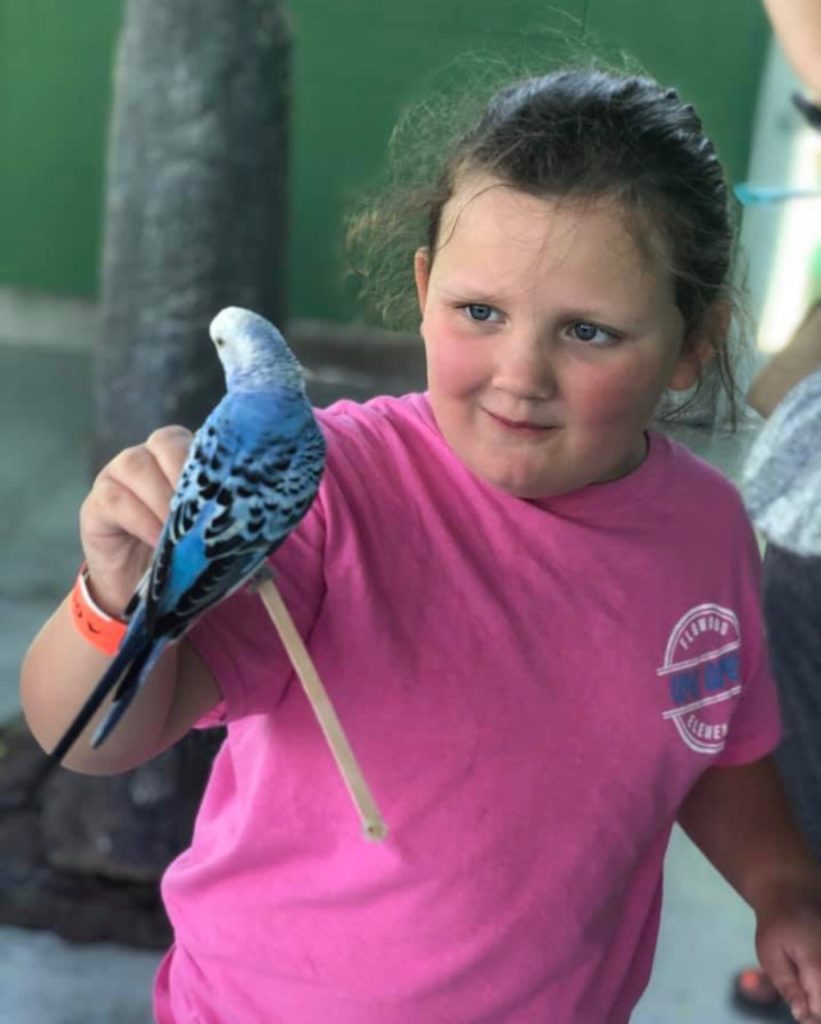Thanks to the Facebook Memories feature, I was recently reminded of a post I made in February of my daughter’s Kindergarten school year. The post read: “Trying to decide on summer care for a school-aged child easily falls in the top 5 most stressful parenting decisions for me”. Up until that point, we’d maintained the same childcare year-round. But now that she’d hit “school age”, that was no longer an option. We were living in Texas at the time, and there was an overwhelming number of options. I went to two different summer camp expos that spring. These expos allowed summer camp vendors to come in and set up a booth and market whatever their camp offered. It was a great way to get to meet folks in person and to talk to a lot of different summer program directors in a short amount of time.
However, I’ve now had 2 summers to go through several different summer day camps and I’ve learned a lot about what to look for and I’ve also learned a lot about what isn’t worth worrying over. Hopefully, these tips will help you in making your summer childcare decisions.
1. Think about what kind of experience your child needs.
Over the last two summers, we’ve chosen a church summer program and then subsequently chose a setting more akin to a daycare. Both provided rather limited time outdoors, extremely structured time during most days, an off-site field trip every other week, movie time, some arts and crafts, along with Bible lessons. This year, however, we’ve chosen a much different environment. We’ve chosen a place that encourages unstructured outdoor play almost all day, every day. ZERO electronics are allowed, and feeding farm animals are part of the daily routine. We just feel like this is the type of environment our daughter will thrive in during this particular season of her life. Take into account your child’s current likes and dislikes, what activities that seem to be their natural calling, and go from there. It may be that a week at basketball camp, and a week at science camp is what your child needs or yours may be one that does best in a structured environment with the same schedule weekly.

2. Ask about the staff.
Ask how long they’ve been an employee with the care center. I have found on numerous occasions, whether it be daycare, after school care, or summer camp, that the organizations with longer-term employees tend to be the best. High employee turnover is a big red flag for me and tends to be indicative of poor management.
3. Consider your schedule.
One of the challenges I’ve found is that many sport-specific or interest-specific summer camps don’t offer a full-day option, which is why we typically end up in a daycare-like setting. Many of the sports or science-related camps are typically three to four hours long, maybe from 9 am to noon. When I worked from home, these were a perfect option and were often more affordable than a full day camp. If you have a relatively flexible schedule or only need childcare part-time, some of these half-day camps may be exactly what you need. It may also be optimal to find a college student home for the summer to provide childcare. I’ve had several friends contact the education department at the local universities to find students willing to provide quality childcare during the summer.

4. Start to save early.
Summer camps can be a real budget buster. They can typically range anywhere from $100 to $300 per week, per child! To combat this expense from sneaking up on us, we set up a sinking fund (savings account that we contribute to regularly) throughout the year so that we have the summer camp tuition money available when summertime rolls around.
5. Check references!
Ask friends for their opinions. Other moms who have had children in a summer program can give you better information than a website or brochure ever will. Hopefully, most will be open and honest with you and give real feedback on their experiences. Another thing to be sure to check is your state’s department of health website to see if the organization has had any issues that have been reported. Most state websites will list out the type of infraction along with the corrective action taken.
I hope these considerations help you in making your summer camp decisions less stressful. Here’s to a great summer ahead!
